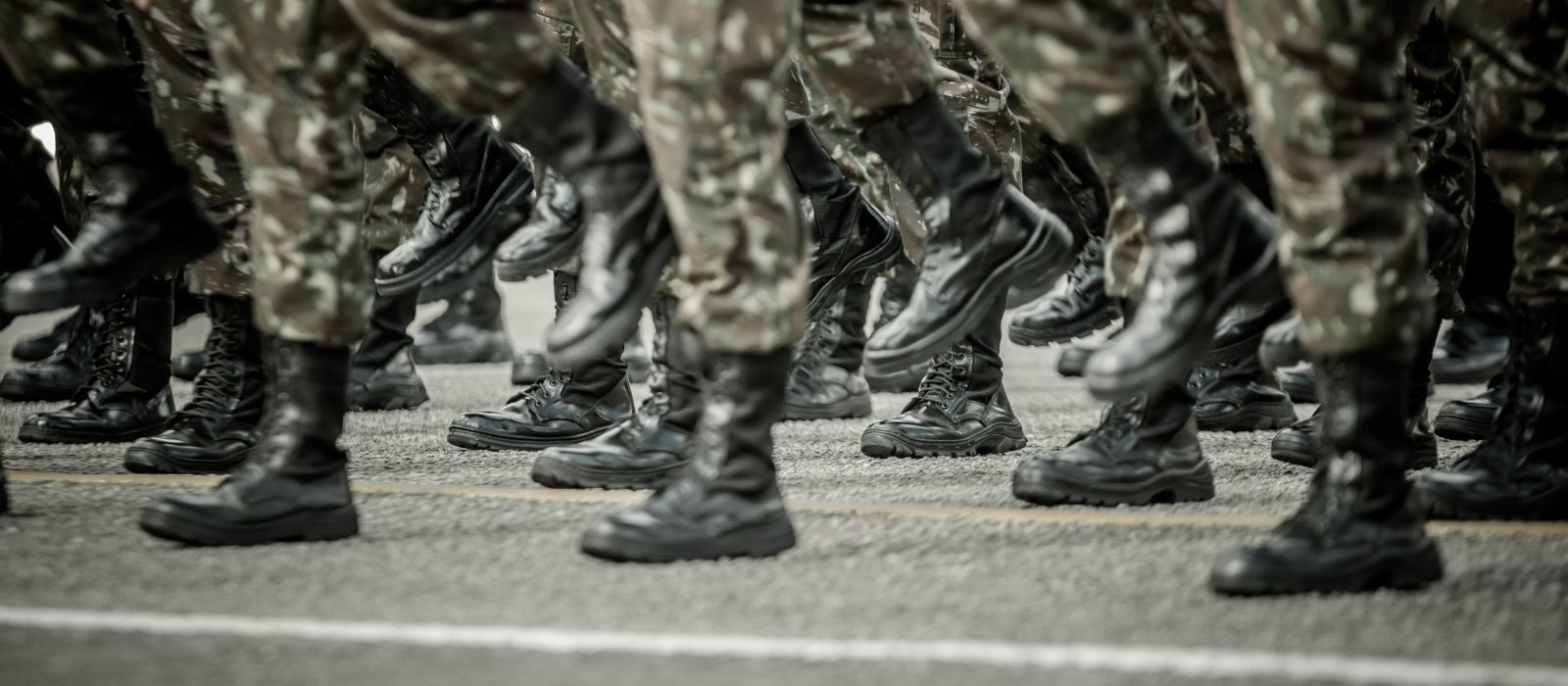
Civil-military relations are a critical aspect of governance that can significantly influence a nation’s stability and democratic integrity. In recent years, several African countries have experienced an unsettling trend of undue military influence over civilian policies, a phenomenon often referred to as Militocracy.
In this article, I examine the growing concerns of militarization in civilian affairs, using practical examples and discussing the risks associated with the power dynamics between military and civilian authorities.
The Concept of Militocracy
Militocracy refers to a situation where military leaders exercise significant authority and influence over political processes, often at the expense of civilian governance. This can manifest in various forms, including military leaders directly occupying high government offices, influencing policy decisions, or undermining civilian authorities.
A healthy civil-military relationship is crucial for maintaining accountability and democratic governance. However, the deterioration of these relationships can lead to authoritarianism and instability.
Examples of Militocracy
- Egypt: One of the most prominent cases is Egypt, where the military has historically wielded substantial political power. Following the 2011 Arab Spring, the military played a critical role in the ousting of President Hosni Mubarak, subsequently overseeing a transitional government. In 2013, the military intervened again to depose President Mohammed Morsi. The current president, Abdel Fattah el-Sisi, a former military general, exemplifies the military’s extensive influence over political affairs, raising concerns about the erosion of democratic governance (Kirkpatrick, 2018).
- Sudan: In Sudan, the military’s influence has also raised alarms. After months of protests against President Omar al-Bashir, the military intervened in April 2019 and ousted him from power. However, the subsequent power-sharing agreement between the military and civilian forces has been fraught with tension. According to Ali (2020), the military’s continued dominance in transitional governance structures has raised concerns about its willingness to fully cede power, contributing to ongoing instability and public discontent.
- Mali: A series of military coups in Mali in 2020 and 2021 further illustrates the dangerous trend of militocracy. The military takeover has been presented as a response to rising extremist violence, aiming to restore security. However, these coups have cast a long shadow over democratic institutions, raising fears of prolonged military rule and the marginalization of civilian voices in governance (Mackintosh, 2021).
Risks Posed by Militocracy
The increasing power of military leaders poses several risks to civilian governance in African nations:
- Erosion of Democratic Norms: The militarization of civilian governance can compromise democratic principles, leading to a culture of authoritarianism where civil liberties are curtailed, and dissent is suppressed.
- Impaired Accountability: A lack of effective civilian oversight over military actions can result in a lack of accountability, leading to abuses of power, corruption, and human rights violations by military leaders.
- Civilian Disempowerment: As military leaders accumulate power, civilian authorities may feel pressured to cede more control, stifling political discourse and democratic engagement.
- Instability and Conflict: The interplay between military ambition and civilian governance can foster instability. Discontent arising from perceived military overreach can lead to social unrest and violence, complicating efforts to achieve national cohesion and security.
Conclusion
The trend toward militocracy in several African countries raises significant concerns about the future of governance and democracy on the continent. As military leaders increasingly exert influence over civilian policies, it is essential for civil society, international organizations, and regional bodies to advocate for the restoration of healthy civil-military relations. Protecting democratic norms and ensuring effective civilian oversight are vital steps to prevent the dangers of military dominance and promote lasting stability in Africa. This growing concern regarding civil-military relations in Africa necessitates urgent dialogue and action from all stakeholders involved in fostering democratic governance to safeguard the principles of liberty, justice, and accountability.
Sources:
Ali, A. (2020). *Sudan’s Military and the Challenges of Transition to Democracy*. African Affairs, 119(476), pp. 672-691.
Kirkpatrick, D. D. (2018). *In Egypt, a Military Hand That Won’t Let Go*. The New York Times. Available at: https://www.nytimes.com/2018/03/02/world/middleeast/egypt-military-sisi.html [Accessed 14 Sep. 2024].
Mackintosh, E. (2021). *Mali: The Growing Risk of a Military Takeover*. The International Crisis Group. Available at: https://www.crisisgroup.org/africa/west-africa/mali/285-mali-growing-risk-military-takeover [Accessed 14 Sep. 2024].
Disclaimer: The views and opinions expressed in this article are those of the author and do not necessarily reflect the official policy or position of My Afrika Magazine. All content provided is for informational purposes only and should not be construed as professional advice. My Afrika Magazine makes no representations regarding the accuracy, completeness, or reliability of the information contained in this article. Readers are encouraged to independently verify any facts presented. My Afrika Magazine assumes no liability for any losses, damages, or other consequences that may arise from reliance on the information provided in this article.



